Coastal Ecology Lab
Research Lab Overview
I am broadly interested in understanding how humans modify the coastal environment and how best to manage or mitigate the ecological consequences of those modifications to sustain ecosystem structure, functions, and services. I am particularly excited about identifying novel approaches for conserving and restoring coastal habitats and supported services in the context of developed coastal areas (e.g. evaluating designs and implementation of living shorelines, testing the methods and criteria for successful ecosystem restoration). Through collaborations with fellow ecologists, social scientists, policymakers, and coastal engineers, I am continuing to explore the ecological and social drivers of coastal development and associated shoreline hardening, as well as identifying ecological, engineering, political, and socioeconomic barriers to the implementation of natural and nature-based alternatives. Additionally, I am currently investigating the role of facilitation and novel materials in determining the success or failure of coastal habitat restoration. I am also part of an interdisciplinary and cross-sector working group focused on synthesizing data on coastal habitat restoration projects to inform decision-making and development of achievable metrics and approaches for aligning ecological and social restoration goals.
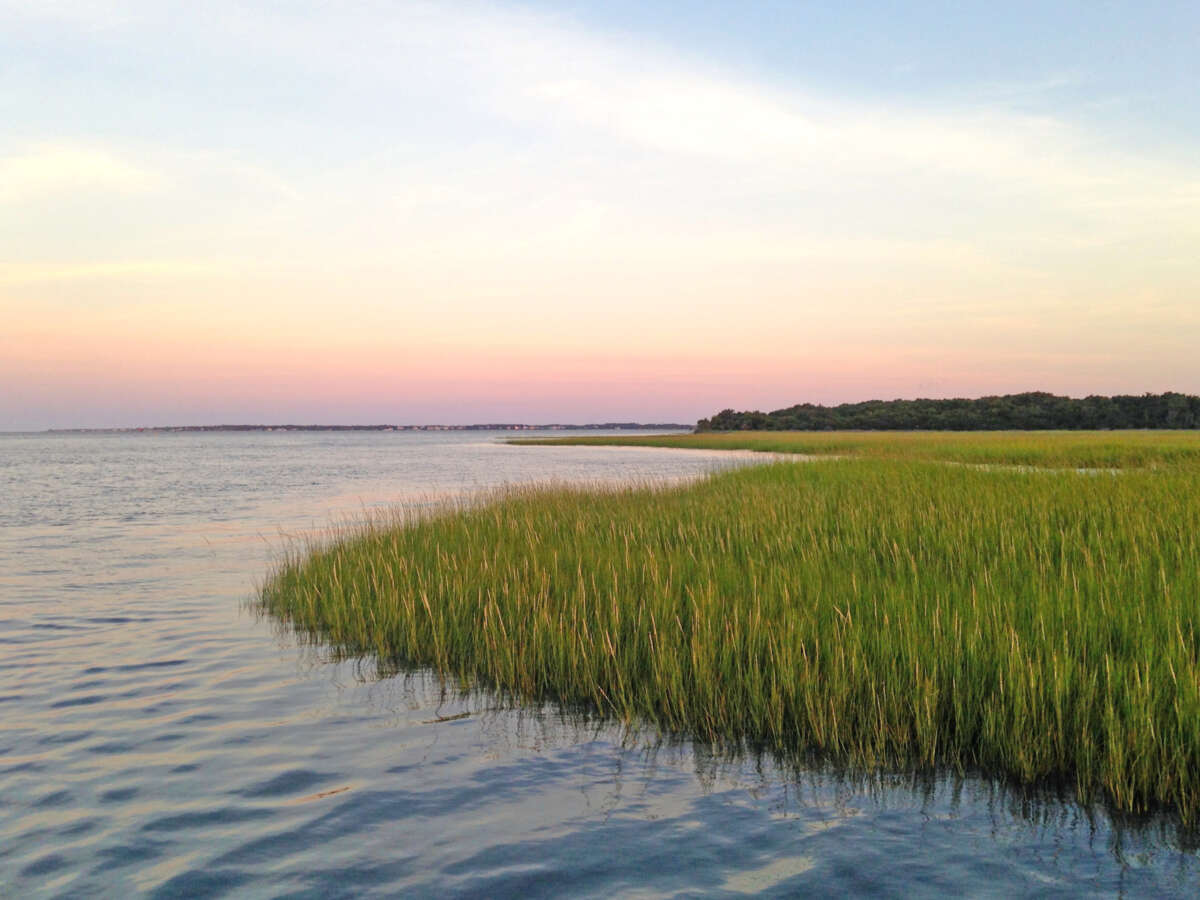
Contact Information:
Rachel Gittman
Assistant Professor, Department of Biology, ECU
Assistant Scientist, Coastal Studies Institute
Phone: 252-328-9986
Email: gittmanr17@ecu.edu
Website: https://gittmanlab.weebly.com/
Lab News
Guided Tours of ECU Outer Banks Campus Start This Fall
You've likely seen our building standing alone in the marsh, but have you ever come inside? Now is your chance to explore the ECU Outer Banks Campus. Commencing October 11, tours of the ECU Outer Banks Campus, home to the Coastal Studies Institute, will be held on the...
New Event Oct. 27: From Tide to Table, an Oyster Tasting Occasion
The Coastal Studies Institute & ECU Outer Banks Campus, in partnership with the NC Coastal Federation, are excited to announce a new adult program entitled From Tide To Table: Exploring Oyster Ecology, Farming, and Culinary Delights. Join us on October 27, 2023,...
CSI Open House To Be Held June 4
Spend June 4th on Roanoke Island! Check out Dare Days in Manteo, grab some lunch in town, then come on over to the beautiful ECU Outer Banks Campus for the highly-anticipated revival of the Coastal Studies Institute’s annual Open House.After a two-year hiatus, CSI’s...
Faculty Spotlight: Dr. Rachel Gittman
All along it has seemed that Dr. Rachel Gittman’s career path has had an element of intersection. During her schooling, she studied terrestrial then marine environments. As a consultant, she often experienced the tug between scientific fact and human want. Now in...
Related Research Focus Areas
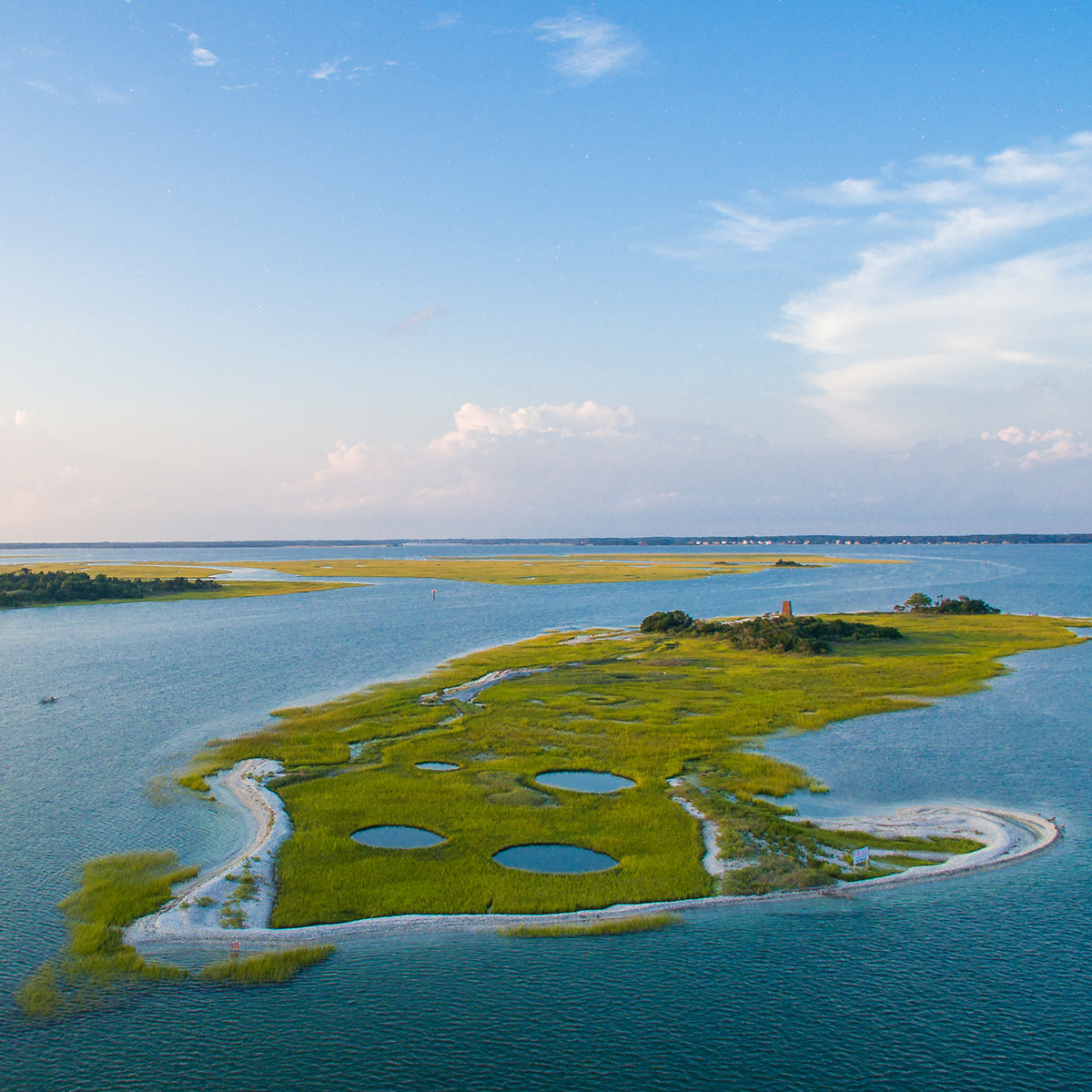

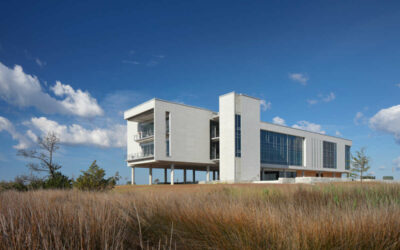
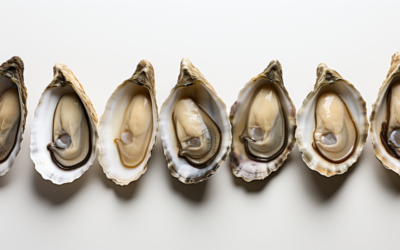
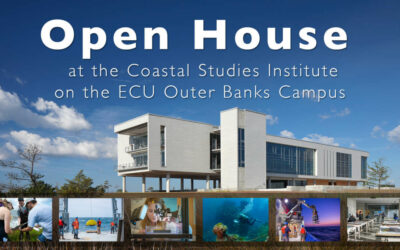
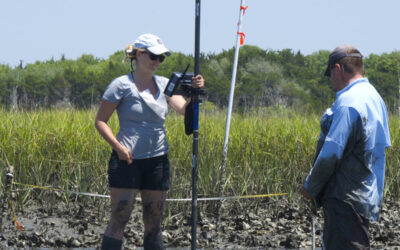

 Based at the Coastal Studies Institute (CSI), the North Carolina Renewable Ocean Energy Program (NCROEP) advances inter-disciplinary marine energy solutions across UNC System partner colleges of engineering at NC State University, UNC Charlotte, and NC A&T University. Click on the links below for more information.
Based at the Coastal Studies Institute (CSI), the North Carolina Renewable Ocean Energy Program (NCROEP) advances inter-disciplinary marine energy solutions across UNC System partner colleges of engineering at NC State University, UNC Charlotte, and NC A&T University. Click on the links below for more information. ECU's Integrated Coastal Programs (ECU ICP) is a leader in coastal and marine research, education, and engagement. ECU ICP includes the Coastal Studies Institute, ECU's Department of Coastal Studies, and ECU Diving and Water Safety.
ECU's Integrated Coastal Programs (ECU ICP) is a leader in coastal and marine research, education, and engagement. ECU ICP includes the Coastal Studies Institute, ECU's Department of Coastal Studies, and ECU Diving and Water Safety. The ECU Outer Banks campus is home to the Coastal Studies Institute.
The ECU Outer Banks campus is home to the Coastal Studies Institute.

